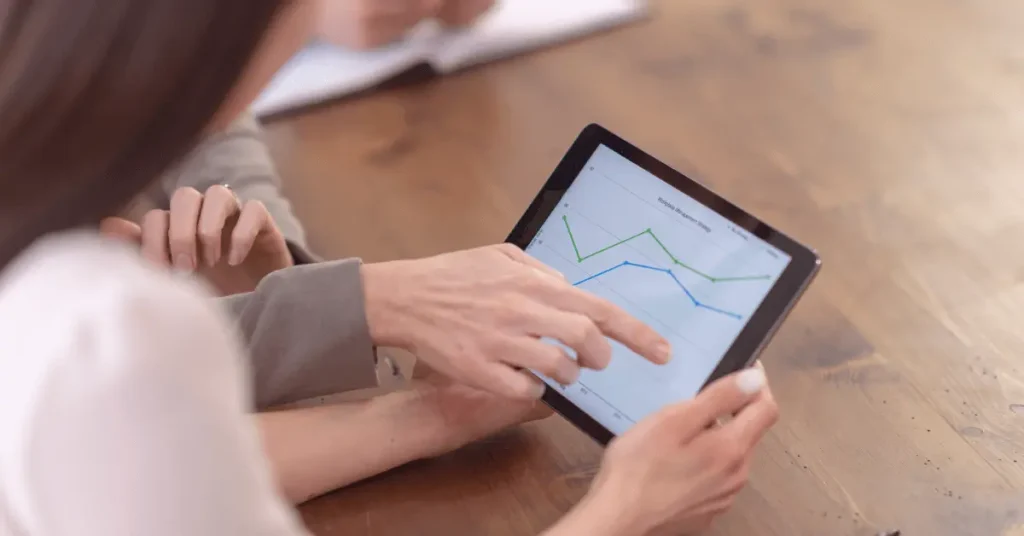What is GPS Tracking and How Does It Work?

GPS tracking is a technology that allows people, vehicles, and assets to be tracked in real time. Learn what GPS tracking is, how it works, and its applications in different industries.
GPS tracking is a technology that has become increasingly popular in recent years, especially in industries like logistics, transportation, and construction. But what exactly is GPS tracking, and how does it work? In this article, we’ll give you a simple explanation of GPS tracking and its uses.
What is GPS Tracking?
GPS tracking is a way of tracking the location of people, vehicles, or assets in real time. GPS stands for Global Positioning System, a network of satellites originally used for military purposes by the US Department of Defense.
To use GPS tracking, you need a GPS-enabled device, like a smartphone or a GPS tracker, that communicates with the GPS satellites. The device calculates its location based on the signals it receives from at least four satellites and then sends that information to a remote server where authorized users can access it.
How Does GPS Tracking Work?
GPS tracking works by using a GPS receiver, which is the device that communicates with the GPS satellites. The receiver calculates its position based on the signals it receives from the satellites, which include information about the satellite’s location and the time the signal was sent.
Once the receiver calculates its position, it sends that information to a remote server via cellular or satellite communication. Authorized users can then access this information and see the device’s location in real-time.
GPS tracking is used in many different industries for a variety of purposes, including:
- Logistics and Transportation: GPS tracking can track vehicles, optimize routes, reduce fuel costs, and improve delivery times.
- Construction: GPS tracking can be used to track equipment and materials on construction sites, which can help improve efficiency and prevent theft.
- Fleet Management: GPS tracking can be used to manage fleets of vehicles, reduce maintenance costs, and improve driver safety.
- Personal Tracking: GPS tracking can be used to track the location of people, such as children, elderly adults, and pets, which can provide peace of mind to their caregivers
